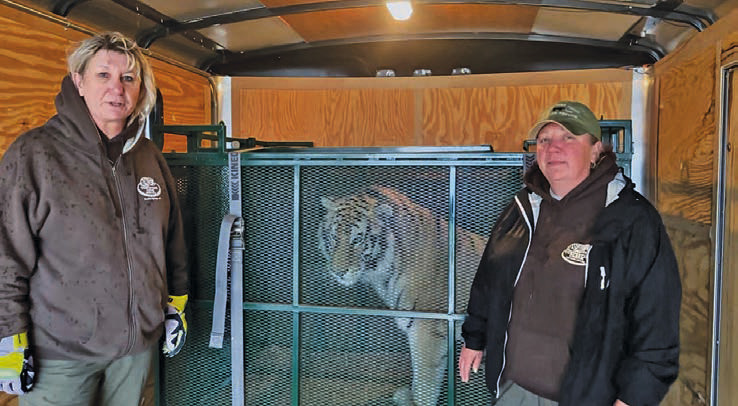“Althea: The Life of Tennis Champion Althea Gibson”
c.2023, St. Martin’s Press, $32.00, 464 pages
Love-all.
It sounds like a sweet way to start a game, doesn’t it? But you know the score: Nobody’s made any points in this tennis game. Basically, the score is zero-zero but things could change with one good backhand shot. As in the new book “Althea” by Sally H. Jacobs, tennis, like life, moves quickly. No one knew the significance of that day in 1941. Mostly, it was just another afternoon at one of Harlem’s elite Black tennis clubs, a club that enjoyed a recent surge of popularity in a sport that wasn’t just for white people. “Negro” players embraced tennis in great numbers, too, and on that day in Harlem, spectators watched as a sullen, “skinny 13-year-old [Black] girl” smacked around a few balls as if she wanted to punish them. Young Althea Gibson treated tennis balls with the same aggression she had received. She was born in the South but raised in Harlem after an aunt offered to bring baby Althea north during the Great Migration. Once reunited with her parents, Althea had a shaky relationship with them: By the time she was 12, her father beat her, teaching her to fight the hard way. He punched her regularly until she “’tore him up’” one day.
Later, she used her fists on the streets, where she spent most of her time. She shoplifted to eat, spent hours watching “the flickers” and she “found other kinds of competition that absorbed her as much as fighting …” She bested most boys at ball sports — once even challenging Sugar Ray Robinson to bowl against her, which led to a lifelong friendship. She loved basketball but tennis is where she excelled.
In 1938, Gibson was named New York City’s paddle tennis champion, which gained her a coach. Her appearance at that elite club in 1941 led to formal tennis lessons. The following year, she attracted the attention of two wealthy doctors who took her under their wings and smoothed her rough edges.
And then they set their sights on the big tournaments … At a time in history when we see Black athletes on fields and courts as an everyday thing, it’s important to remember who helped put them there. Author Sally H. Jacobs tells the almost-forgotten story of one woman whose struggle to win wasn’t just in her sport.
In that way, “Althea” is a very nice surprise. Jacobs doesn’t soften Gibson’s early life story and with that, readers will get a true sense of the steeliness that Gibson possessed even as a young girl. Other stories hint that Gibson was a complicated person, androgynous, “aggressive,” often angry, impatient and driven. This, and the explanations of the game and the times and social mores in Gibson’s lifetime make it clear that not saying Gibson’s name in the same breath with Jackie Robinson and Jesse Owens is a grave mistake.
Sports fans, don’t miss this biography. Black history scholars, you want it. Tennis lovers, there’s a lot of tennis here, so make a racket for it. “Althea” is a grand slam.
— The Bookworm Sez

